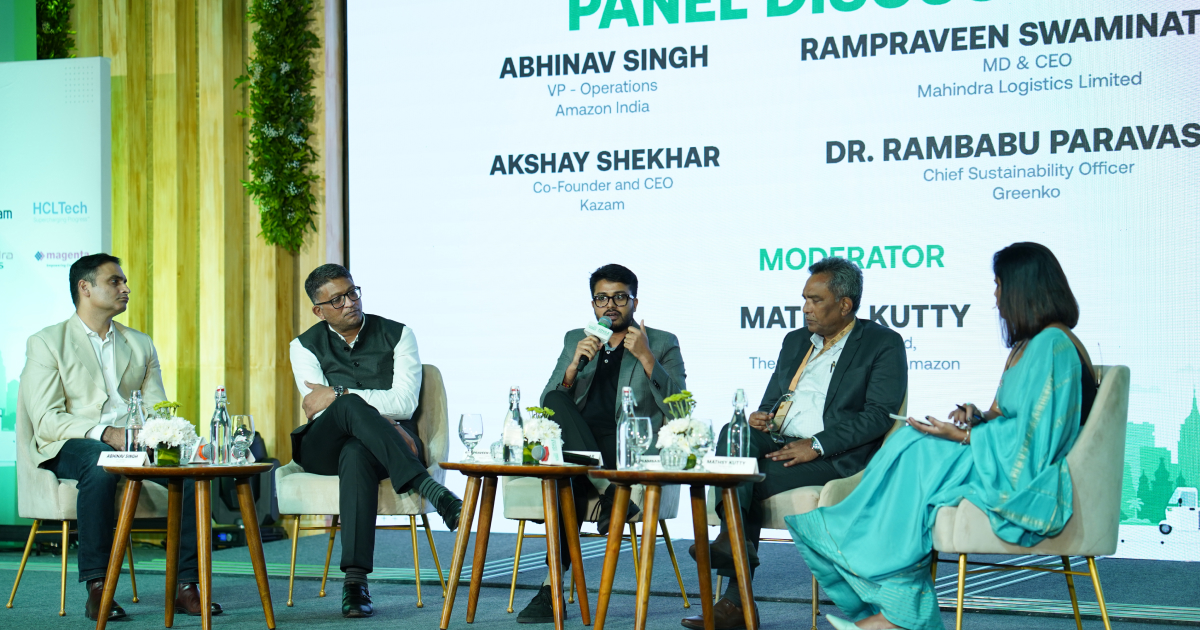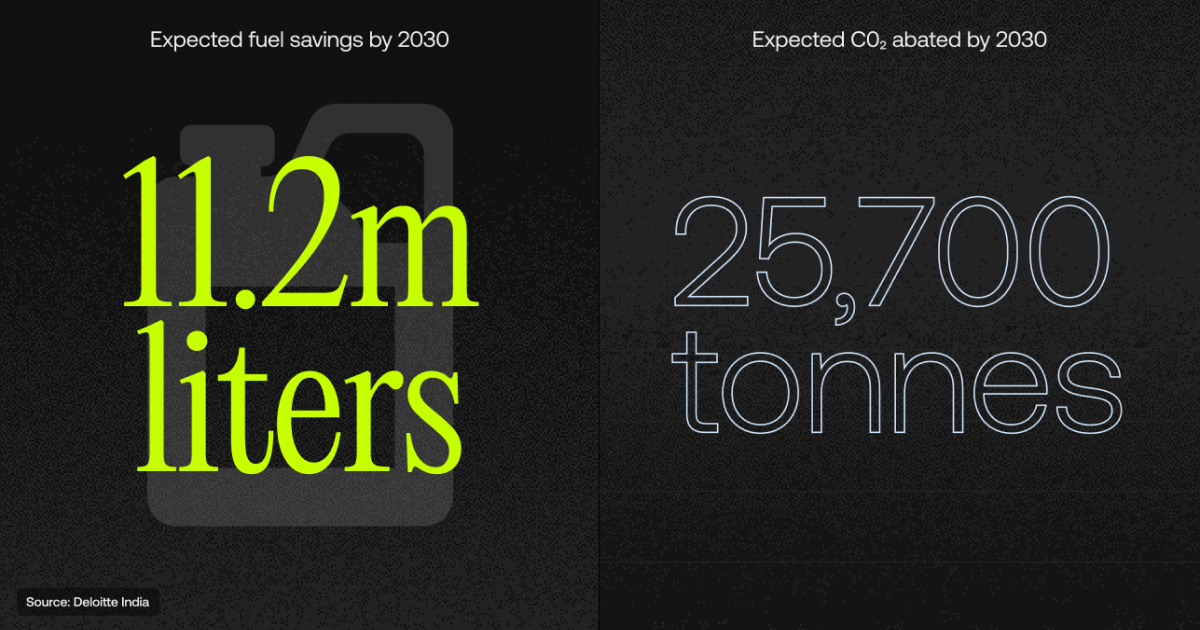Bengaluru, known as India’s Silicon Valley, is the third fastest-growing city in the world. Today the city faces severe air pollution due to rapid urbanization and surge in vehicle density. The transition to zero-tailpipe emissions via electric vehicles (EV) offers a cleaner alternative to traditional vehicles, and will significantly reduce air pollution in the city. Despite this, EV adoption has seen its challenges in India, including high upfront costs, limited charging infrastructure, and range anxiety.

Please rotate your device and enjoy the experience!





